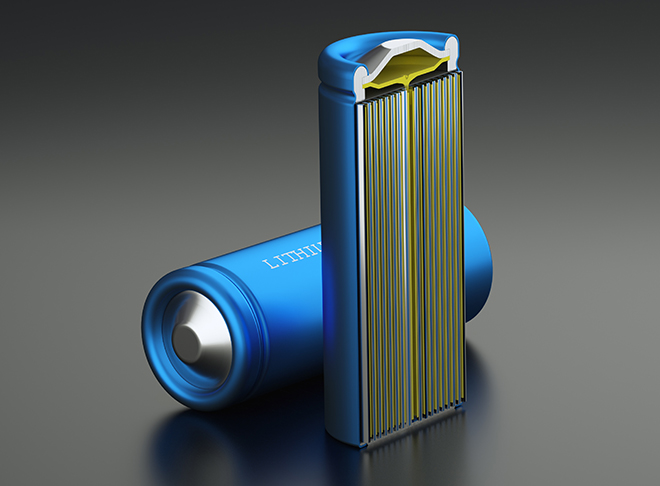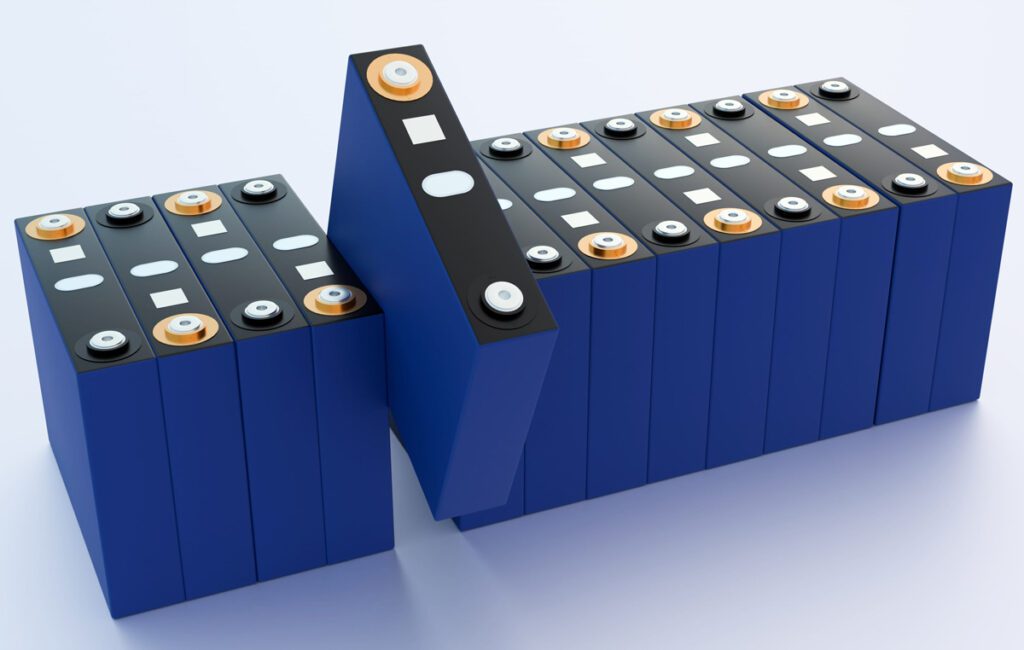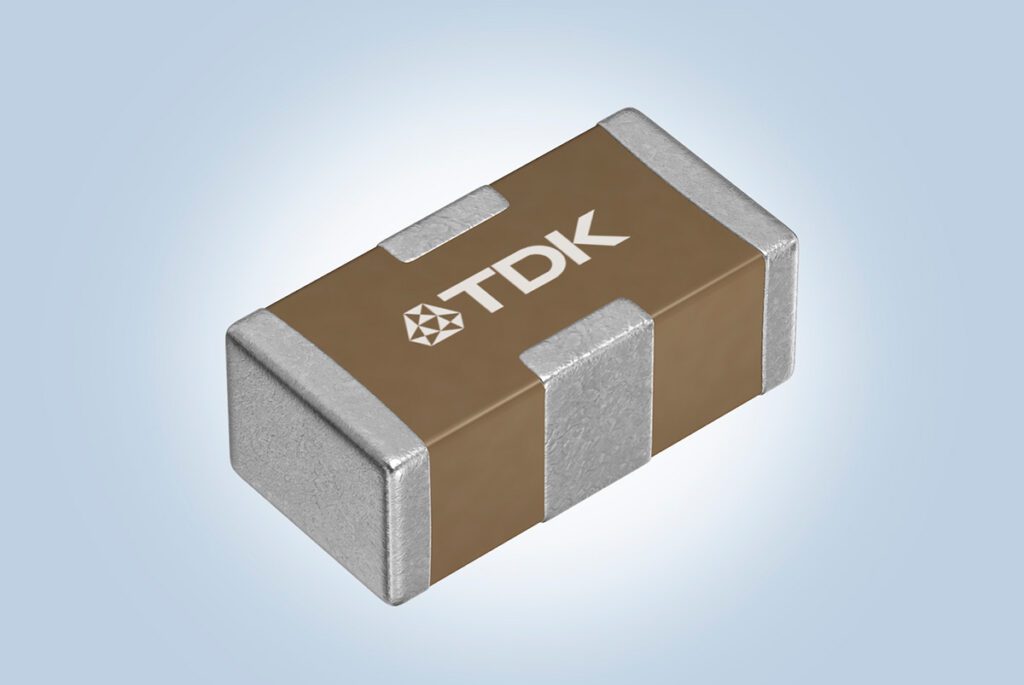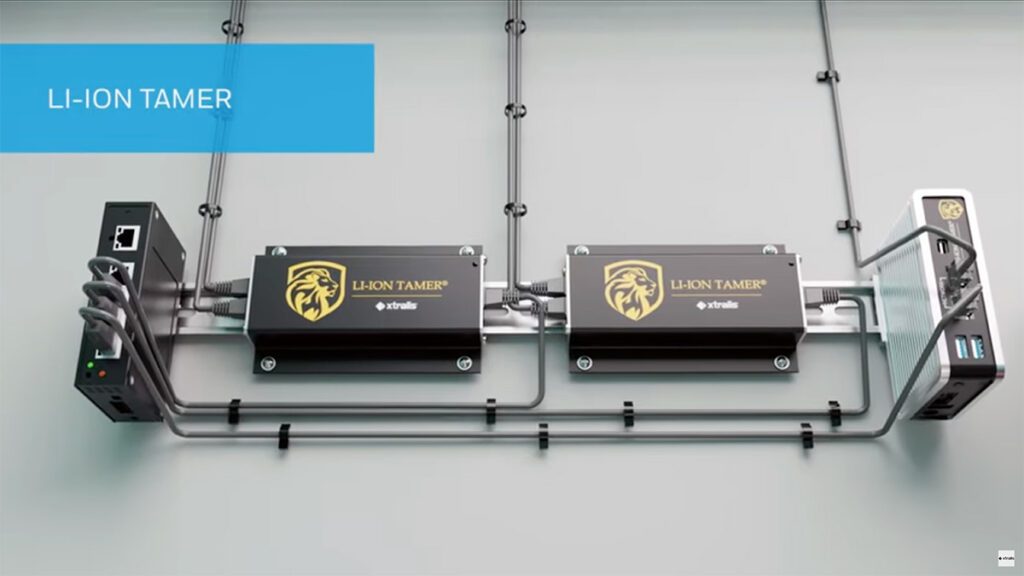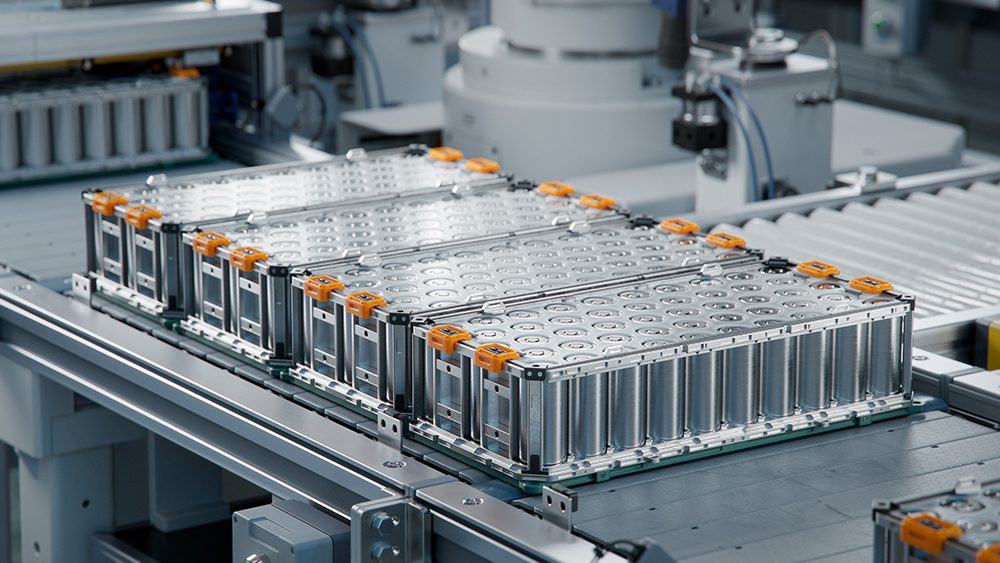We EVangelists have gotten used to smugly pointing to the steadily declining costs of batteries (and renewable energy), but thanks to the recent surge in raw material prices, that positive trend could slow, or even go into reverse, according to a recent Reuters report.
Russia’s invasion of Ukraine has caused prices of nickel, lithium and other materials to soar, compounding the pain of the global chip shortage and other supply chain woes caused by the COVID-19 pandemic.
Prices of nickel and aluminum have been breaking records. Russian mining company Nornickel produces around 20% of the world’s high-purity Class 1 nickel, which is used in EV batteries. Russia is also a large provider of aluminum.
Lithium prices have also risen, more than doubling since the end of 2021. However, the Ukraine war is not the sole cause of the problems. Prices for lithium and other important raw materials were already on the rise, and some were predicting battery price increases months ago.
A December 2021 Bloomberg New Energy Finance (BNEF) report predicted that raw material prices might rise in 2022 and 2023, pushing the dream of $60/kWh battery pack prices further down the road.
In January, research firm IHS Markit predicted that surging raw material prices would put further EV battery price declines on hold until 2024. IHS forecast that average battery prices would be 5% higher in 2022 than in 2021, mainly due to growing demand for lithium iron phosphate (LFP) batteries.
Benchmark Mineral Intelligence reports that battery producers started increasing lithium-ion cell prices late last year in response to the higher raw material prices they had seen throughout 2021. Battery-makers typically have long-term contracts with automakers that allow them to increase their prices to reflect increased costs for raw materials such as lithium, nickel and cobalt, so price increases could quickly be passed on to EV buyers.
“Rising raw material prices certainly have the potential to delay the timeline on cost parity between EV and ICE vehicles, which could hamper the wider adoption of EVs,” Benchmark analyst Gregory Miller told Reuters, adding that this year could see the first-ever year-to-year increase in the price of lithium-ion battery cells.
Source: Reuters via Green Car Reports







